
by MH Team | Apr 23, 2024 | Red Blood Cells
TL;DR Hereditary hemochromatosis is a genetic disorder affecting iron metabolism, leading to excessive iron absorption from the diet. It is the most common genetic disease in populations of Northern European descent. Causes ▾ Primarily caused by mutations in...

by MH Team | Apr 19, 2024 | Lab Protocols, White Blood Cells
Introduction The discovery of the JAK2 V617F mutation revolutionized our understanding of myeloproliferative neoplasms (MPNs). This single nucleotide change, where a guanine (G) is replaced by a thymine (T) at position 1849 in exon 14 of the JAK2 gene, leads to...

by MH Team | Apr 10, 2024 | Red Blood Cells
TL;DR Sideroblastic anemia is a type of anemia characterized by abnormal iron metabolism within red blood cell precursors. Refractory anemia is defined by the presence of many pathological ring sideroblasts in the bone marrow. Causes ▾ Inherited: Mutations in...

by MH Team | Apr 9, 2024 | Red Blood Cells
Introduction Macrocytic anemia is a specific type of anemia that combines two conditions: macrocytosis and anemia. Macrocytosis refers to a condition where red blood cells are larger than normal. It’s itself not a disease, but rather an abnormality detected in a...

by MH Team | Apr 8, 2024 | Red Blood Cells
TL;DR Hypochromic Microcytic Anemia is a condition where red blood cells are smaller than normal (microcytosis) and contain less hemoglobin, making them paler (hypochromia). Primary Causes: Iron Deficiency Anemia (IDA): The most common cause, due to insufficient iron....
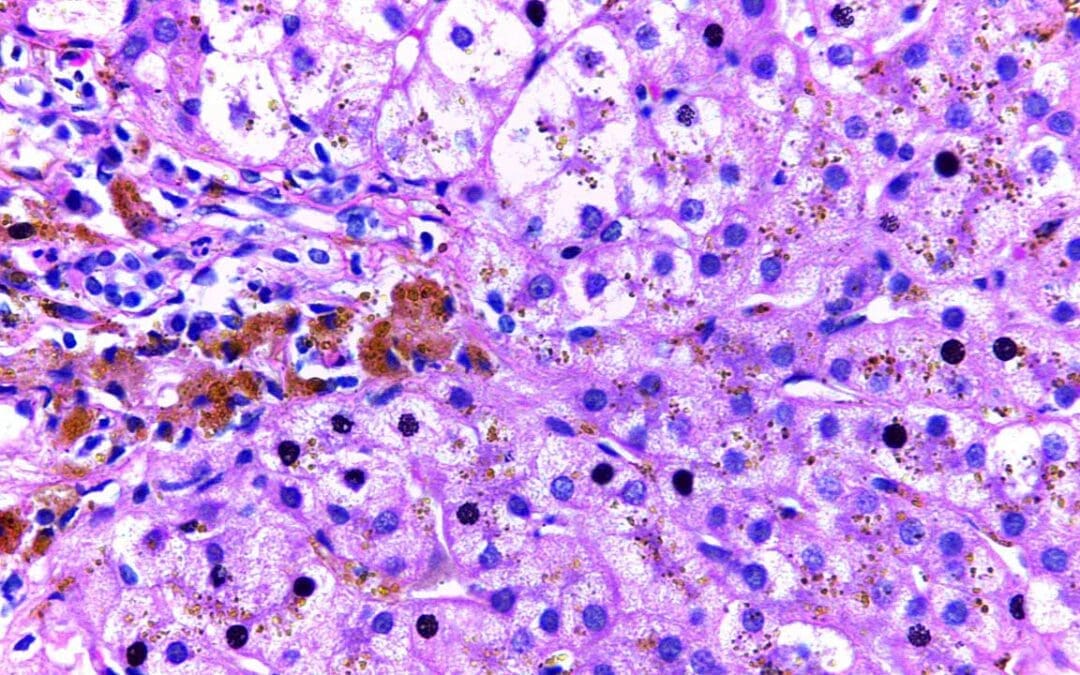

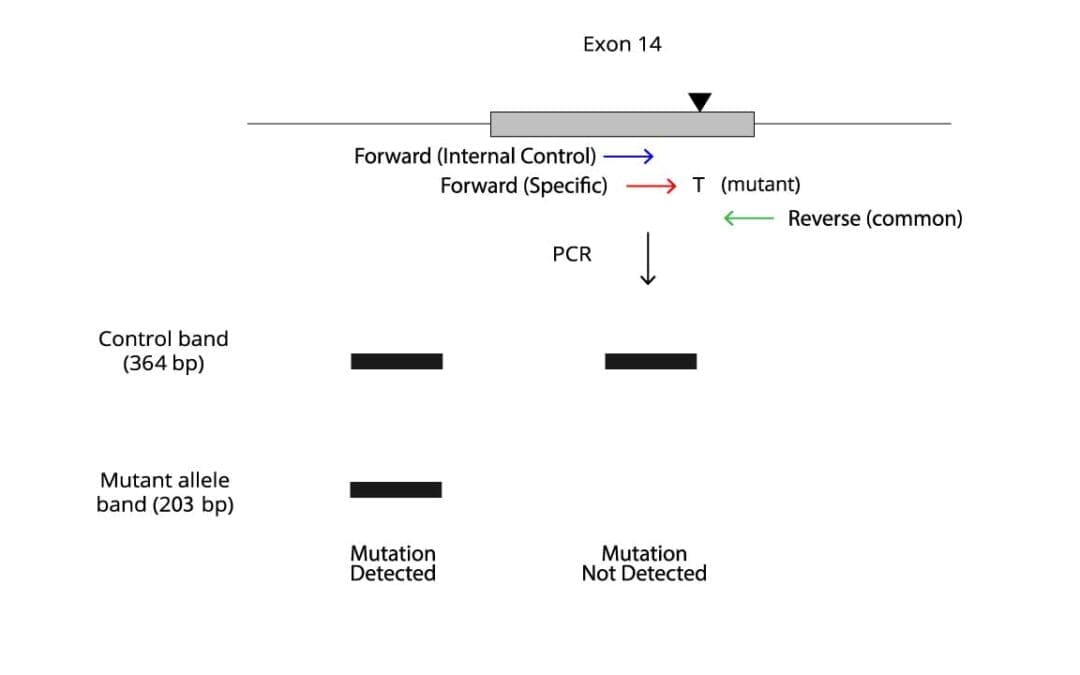
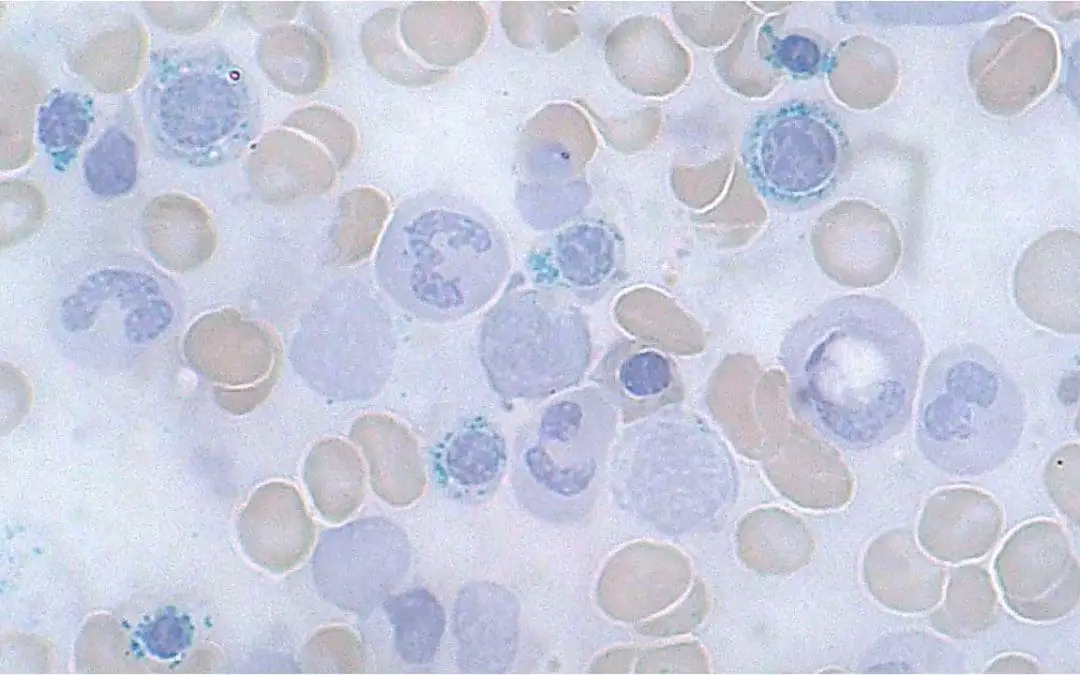
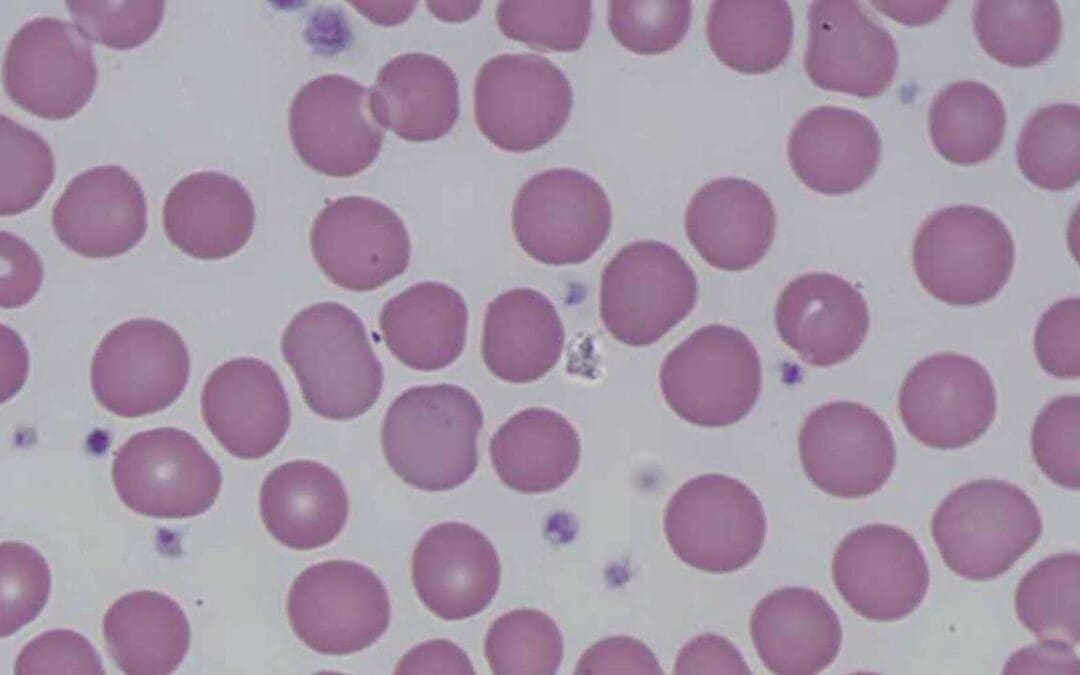
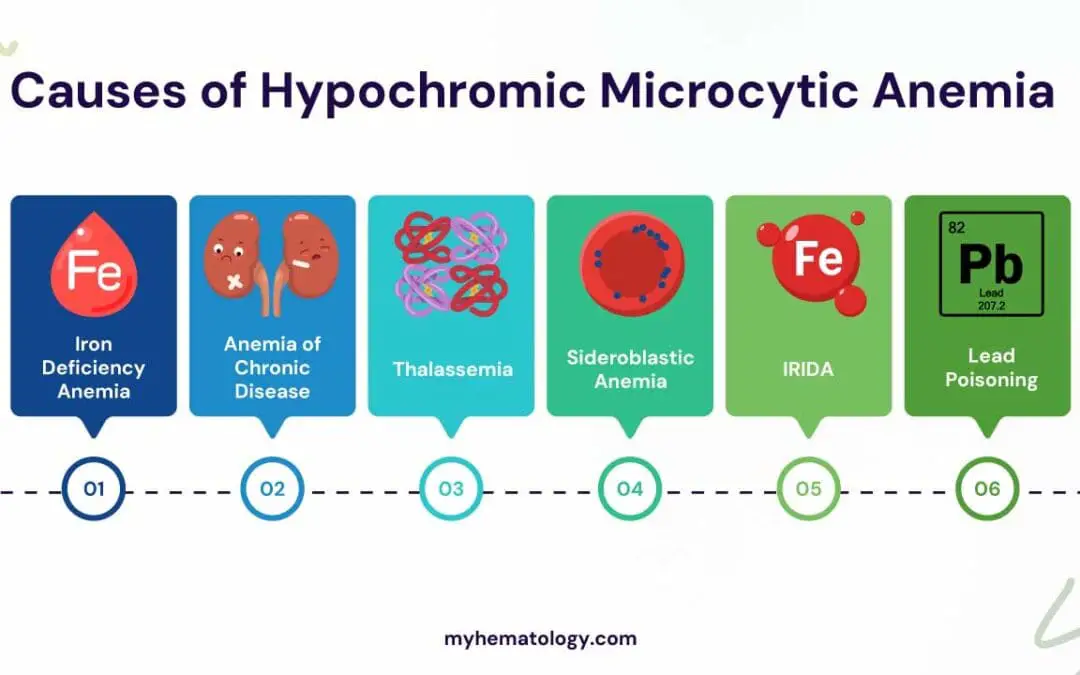

Recent Comments